The problem for a band like Paradise Lost, now thirty two years into their recording history, is a problem many bands the world over would love to have; how do you continue to make new music in the shadow of everything that’s gone before? PL basically wrote the book on Gothic metal in the late eighties and early to mid nineties. Anything they do now must not only live up to those storied days, it must surpass them, and surpass them without merely recreating the things that made the band so great in the first place.
Sensibly, now that the band resides again back in the land of the black-clad living after it’s fin de siecle flirtation with all things Depeche and, indeed, Mode, Halifax’s finest have opted to follow a policy of synthesis rather than taking another turn left. So, on Obsidian – their best album in some while, it is keenly noted – the band retreats slightly from the grinding heaviness of the last two or three albums, adding more melody where necessary, with vocalist Nick Holmes mixing up his styles with the adept touch of the true master, serving the song rather than making the song serve him. Remarkably, this means that the album’s best track, Fall From Grace, sounds like an amalgam of all of the best bits of Paradise Lost’s history – but without just degenerating into a nostalgic pastiche. If you’re not transported back to the times of Icon and, to a lesser extent, Draconian Times by this ripsnorter of a track then I fear there may be no hope for you.
The other thing about being thirty two years into a successful career is the confidence bread by that success; On Obsidian you get the sense that Paradise Lost have given their songwriting it’s head as never before. They follow the creative urge where it takes them and damn the torpedoes. So, we get the Sisters of Mercy tribute Ghosts, delivered straight faced but with an undeniable, lip-smacking joie de vivre that says ‘sure, we love the Sisters, but there’s no way they could come up with a song this good in 2020’. You also get the stentorian The Devil Embraced, wherein men in their fifties somehow manage to reignite the fire and ardour of 1991’s Gothic as if the intervening three decades were a figment of the imagination.
Forsaken is another highlight, a classic, slow-burning PL chugfest where the whole band integrate in slick, ultra-heavy harmony. Holmes’ deathly croon and Gregor Mackintosh’s wah-crazy lead work may be the cornerstones of the Paradise Lost sound, but without the engine room of rhythm guitarist Aaron Aedy, bassist Steve Edmondson (who puts in one of his most consistently impressive album performances on Obsidian) and drummer Waltteri Väyrynen, their impact would be a fraction of that which it attains on tracks like this. It’s a wonderful thing to hear.
Hope Dies Young gets right back on that Gothic tip, prompting the remembrance of names like The Mission with it’s devil’s croon vocalising and jangly rhythm guitar accompaniment, whilst closer Ravenghast sees the band reverting to it’s latter day setting of sludgy, unforgiving riffage and desolate, all-hope-is-lost vocal misanthropy. As a way of assuring the listener that this is a band still very much in the now as Obsidian becomes ‘just’ another part of the PL canon it’s a masterstroke; despite being a band with a past that’s very much to be proud of, with Ravenghast they prove that it’s not the past that defines them, but very much the now and the next. Splendid stuff on all fronts.
Obsidian is out on May 15th.
Read Alice Kyteler‘s recent chat with Nick Holmes HERE


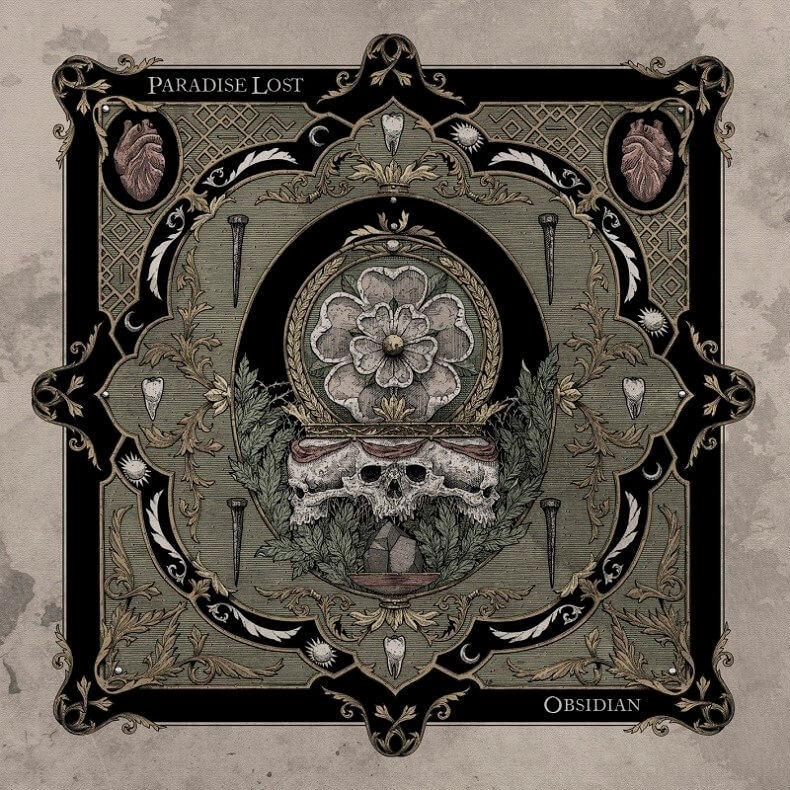
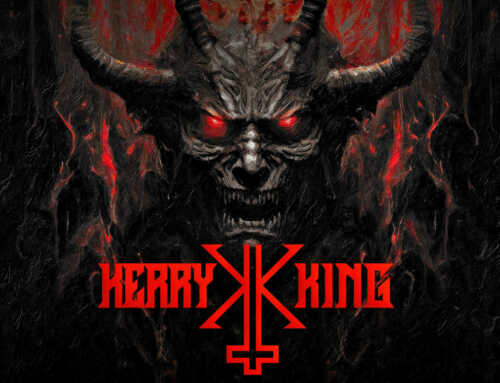
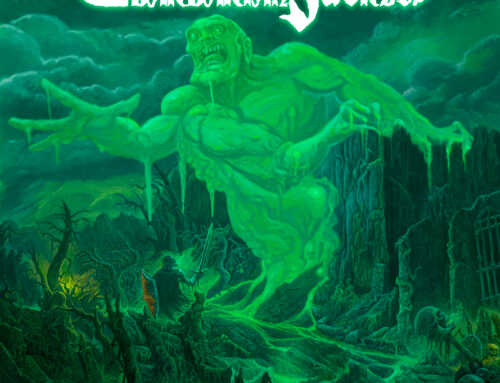
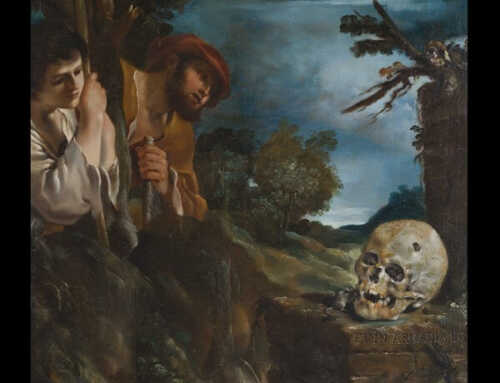
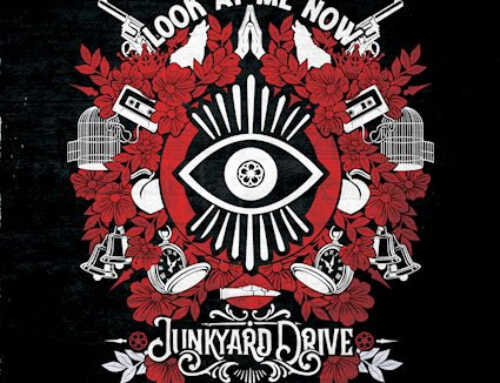

Leave A Comment